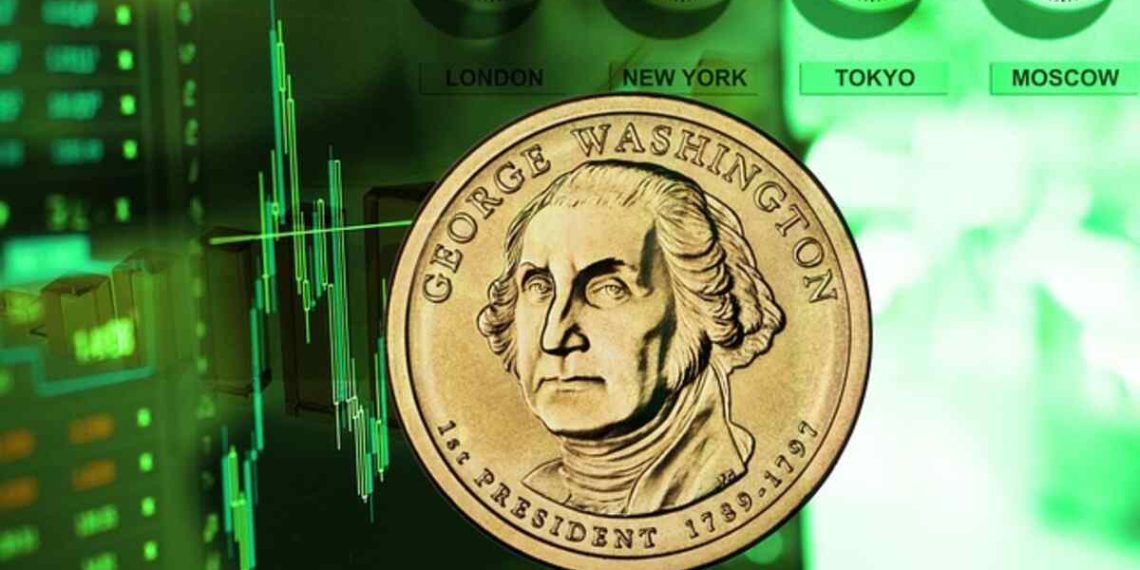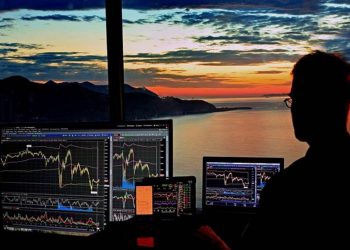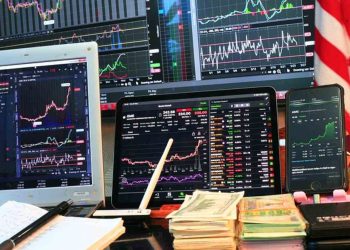Currency exchange rates indicate the price of one foreign currency against another, determined by market forces and subject to daily fluctuations. Select the best forex robot.
Currency rates are often quoted in pairs, that is when two countries’ national currencies are exchanged against one another. For instance, EUR/USD indicates how many euros it costs to buy one dollar.
Economic factors
Exchange rates are an integral element of economic health for governments and individual businesses that engage in international trading. These businesses can be affected by various factors, such as inflation and interest rates; inflation could cause currency appreciation, while high-interest rates might reduce consumer spending, leading to currency depreciation.
When analyzing currency markets, a country’s terms of trade should also be considered. Positive terms of trade indicate that export prices are rising faster than import prices, leading to appreciation in currency values; conversely, negative terms of trade would indicate import price growth faster than export sales, which would cause the currency value to decrease.
Political stability and consistency of a country’s economic policies also affect exchange rates. A peaceful political environment with consistent policies tends to attract foreign investment, thus increasing currency values; conversely, political unrest or inconsistent implementation discourages investors, leading to depreciation in currency prices.
Another major influencer on currency rate forex is a country’s debt level. When governments face large debt loads, they may need to print money to pay it off and cause their currency to depreciate; also, their debt rating can play an impactful role as investors become concerned that it might default in the future.
Political factors
Politics can have an enormous impact on the foreign exchange (FOREX) market. If a country’s government is in chaos, investors may become wary about investing there, and the country may experience depreciation due to the loss of confidence from investors. A tight presidential race can also cause significant volatility as candidates offer various economic and foreign policy ideas that impact currency values.
Countries with stable political systems and policies typically attract more foreign investment, leading to an appreciation in their currency value. Conversely, countries experiencing political instability often have weaker currencies. Furthermore, debt levels affect currency value; large debt loads make a country less appealing to investors as investors might fear default on this debt obligation.
Interest rates and inflation rates also dramatically affect currency prices. When the country’s central bank announces an increase in interest rates, this can cause the currency’s value to surge upward; conversely, decreases in interest rates can cause its worth to decrease accordingly.
Psychological factors
Currency values depend on many variables, from supply and demand to political stability and economic performance of the nation of origin. Foreign investors prefer investing in countries with strong economies with minimal risk of political instability in order to bolster the currency value; those experiencing political turmoil could find their investments depreciate as investors pull their funds away from such nations.
These factors are complex and challenging to predict, yet can be divided into four broad categories. Economic factors encompass inflation rates, trade balances, and government policies within any one country, while political conditions include political upheavals or geopolitical conflicts that might threaten its economy. Finally, market psychology includes trader perceptions or speculations, which may seem irrational but still have an effect on currency prices.
Many events that impact currency exchange rates can be unpredictable. For instance, Brexit caused a dramatic drop in the UK pound, and the Great East Japan earthquake led to a sudden surge in demand for the Japanese yen. Such instances demonstrate the necessity of deeper market dynamics that often counteract surface observations. It is also essential that practical yet robust policy standards exist that ensure timely assessment, updates, and forecasting so as to protect currencies from unfavorable global developments.
Market factors
Exchange rates play an essential role in determining the value of any currency, reflecting both demand and supply for it. Furthermore, their valuation can also be affected by real-world occurrences and global developments – such as economic, political, or market developments – that affect their demand or supply on a worldwide scale. Forex traders closely track these events to accurately forecast potential changes to currency values on Forex market exchanges.
Major currencies are traded on the global foreign exchange market, an online financial marketplace. Market participants are subject to various influences that affect currency prices, such as inflation and interest rates; economic factors, such as Gross Domestic Product (GDP) growth or unemployment rates, as these variables increase or decrease respectively, causing their respective currencies to appreciate and vice versa.
Political factors also have an enormous effect on currency markets. Stable political environments tend to attract foreign investments, boosting its currency. Conversely, political instability often induces risk aversion, which devalues its currency value over time. A shift in an opposition political party’s economic stance could significantly change this equation, and traders must carefully track all political news and events to anticipate changes in government policies that might negatively impact currency values.











